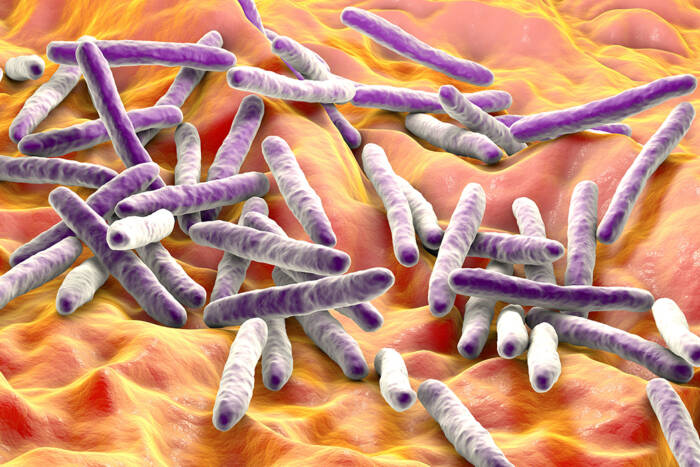Dirk Friedrich Hockemeyer
Diploma, Eberhard Karls University of Tübingen
The Role of POT1 in the Protection and Maintenance of Telomeres
presented by Titia de Lange
Half a century ago, highly talented young Americans with an interest in biomedical research would go to Europe to get training. In the 1960s this trend completely reversed itself and no other United States university profits more from this reverse stream than The Rockefeller University. Our graduate program attracts the very best students from Europe and Dirk Hockemeyer is a case in point. Dirk was raised in a wonderfully loving German family and received his undergraduate education at the University of Tübingen, where he published several high-profile papers as a student. He received support from the Studienstiftung des deutschen Volkes. Halfway during his training at Tübingen he ventured across the ocean to get instruction in my lab. This was 1999 and Dirk made a strong impression on us. We apparently also impressed him, because he enrolled in our program a few years later.
When Dirk joined my lab in September 2002, he did so on the condition that I would make sure he would get his Ph.D. fast. He was clearly in a hurry, rather typical of him. This was a promise I could easily make because I was by then familiar with Dirk’s exceptional experimental talent. I knew Dirk to be extremely committed, deeply serious about biology and endowed with an experimental pace that few people can match. And indeed, despite formidable setbacks, Dirk defended his hefty thesis four and a half years later, close to a record for students in my lab. In his doctoral thesis, Dirk, largely working alone, determined how a protein called POT1 — not a name I chose — protects the ends of our chromosomes. And when all is said and done, he’ll have four first-author papers, including a landmark paper in Cell, and several others from my lab.
Rumor has it that until his third year, Dirk never had a decent meal, simply foraging on the leftovers of his roommates for lack of time between his experiments. Although Dirk may not have had a decent meal the first few years, I’m fairly sure that those leftovers were washed down with a decent amount of beer. I must admit, I’m a bit relieved that Dirk is graduating — not that I ever worried about a positive outcome; that was a given — but his graduation means that I will have a little bit more time to relax. Dirk expected me to keep up with his extraordinary pace, asking me to come in on weekend mornings to analyze his new data. And at more than one meeting in my office, he overwhelmed me with so much new information that I had to work hard to keep up with his conclusions and insights. Dirk essentially ran his own research project and all I could do was run after him. This fast-moving set of hands, this strong will, this highly focused scientific mind will now leave us to go to the Whitehead Institute at the Massachusetts Institute of Technology. There he will join the lab of Rudy Jaenisch to work on stem cells. It is my prediction that that field will soon find out that a major force has joined them. I will miss Dirk, because there are few scientists of his caliber, and I will also miss him — as will other people in my lab — as a warm and generous friend.



